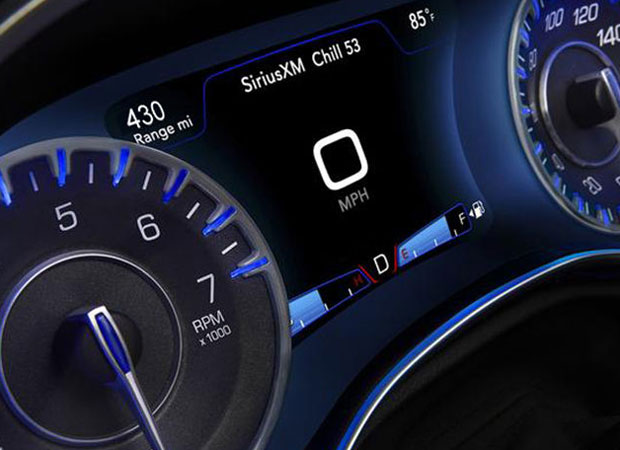Intel Launches Automotive Security Review Board Following High-Profile ‘Connected Car’ Cyberattacks
The real life (albeit controlled) hacking of a Jeep Cherokee has sent car manufacturers scrambling to ensure that their vehicles aren’t next in line to make those kinds of headlines. After all, sometimes bad press really is bad press: if you’re an automaker and your vehicle is getting torn apart publicly for being vulnerable to remote hacks, there is no upside. And where do you turn for help in situation like this? Intel wants to be your first stop.
Citing data from research firm Gartner that predicts 150 million “connected” cars will be on the roads by 2020, Intel announce that it has established the Automotive Security Review Board (ASRB), which will determine best practices related to cybersecurity for the auto industry.
“We can, and must, raise the bar against cyberattacks in automobiles,” said Chris Young, senior vice president and general manager of Intel Security, in a statement. “With the help of the ASRB, Intel can establish security best practices and encourage that cybersecurity is an essential ingredient in the design of every connected car. Few things are more personal than our safety while on the road, making the ASRB the right idea at the right time.”
Intel plans to motivate research among ASRB members by offering a new car (or cash equivalent) to the member who “provides the most significant and impactful cybersecurity contribution that can be implemented on Intel’s automotive platform.” The company is looking for cybersecurity professionals and is encouraging interested experts to apply at its auto security-related website.
Given the potential for disaster that an unprotected vehicle could pose, it’s not surprising that automakers are working to protect their cars. (Though, it’s disheartening to see that it some cars were so vulnerable in the first place and that it took a public demonstration of a cyberattack to prompt these changes.) Still, we’re glad to see that automakers are now taking this seriously. Fiat Chrysler, for example, recently recalled 1.4 million cars that featured Uconnect radios after the demonstration.
Citing data from research firm Gartner that predicts 150 million “connected” cars will be on the roads by 2020, Intel announce that it has established the Automotive Security Review Board (ASRB), which will determine best practices related to cybersecurity for the auto industry.
“We can, and must, raise the bar against cyberattacks in automobiles,” said Chris Young, senior vice president and general manager of Intel Security, in a statement. “With the help of the ASRB, Intel can establish security best practices and encourage that cybersecurity is an essential ingredient in the design of every connected car. Few things are more personal than our safety while on the road, making the ASRB the right idea at the right time.”
Intel plans to motivate research among ASRB members by offering a new car (or cash equivalent) to the member who “provides the most significant and impactful cybersecurity contribution that can be implemented on Intel’s automotive platform.” The company is looking for cybersecurity professionals and is encouraging interested experts to apply at its auto security-related website.
Given the potential for disaster that an unprotected vehicle could pose, it’s not surprising that automakers are working to protect their cars. (Though, it’s disheartening to see that it some cars were so vulnerable in the first place and that it took a public demonstration of a cyberattack to prompt these changes.) Still, we’re glad to see that automakers are now taking this seriously. Fiat Chrysler, for example, recently recalled 1.4 million cars that featured Uconnect radios after the demonstration.


